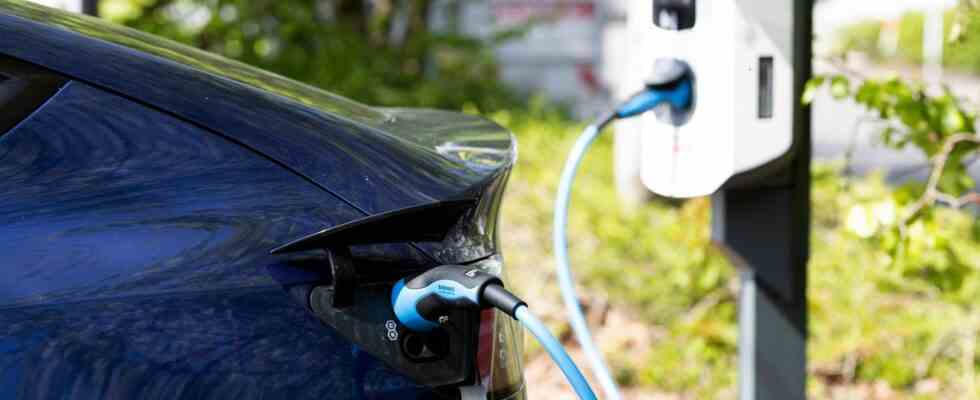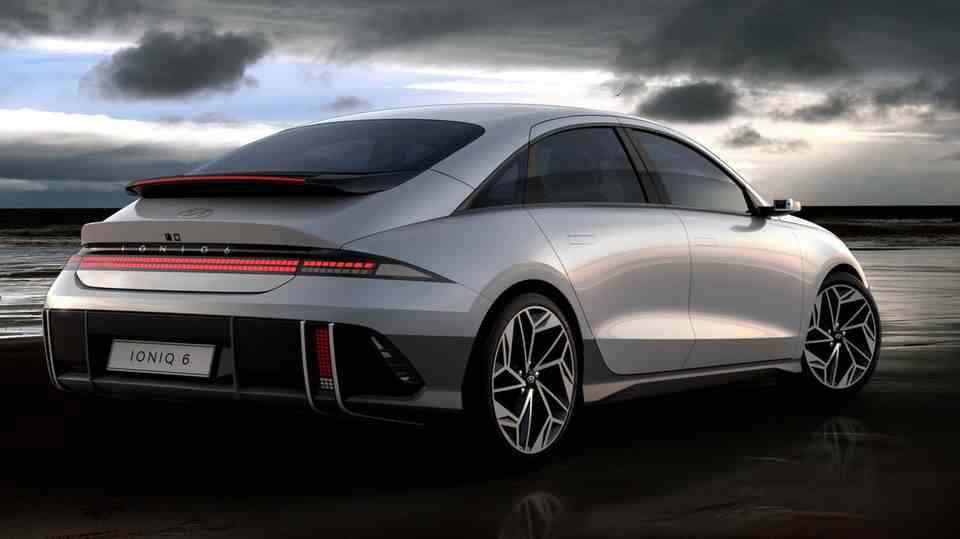more effective charging
Electric car charged in five minutes – Nasa is developing new fast charging technology
A new technology should be able to reduce the charging time of an electric car to just a few minutes (symbol image)
© Sven Simon / Imago Images
The US space agency Nasa has developed a new technology that is intended to significantly reduce the time it takes to charge electric cars. A vehicle should be able to be charged in five minutes.
The charging time of electric cars is still a hurdle in the electrification of vehicles. Although high-performance charging systems can now charge the battery of an electric car in around 20 minutes, that is still quite a long time compared to filling up with gas. With the newly developed technology from NASA, however, loading should be much faster and easier.
The US space agency, in collaboration with researchers from Purdue University in the US, has developed the “Flow Boiling and Condensation Experiment (FBCE)” – in German: “Flow Boiling and Condensation Experiment” – which is intended to make heat transfer during charging more efficient. They originally developed the technology for space, but it should also be able to be used on earth. It ensures that the heat generated is better dissipated. FBCE “could be used in the future to control the temperature of systems […] be used,” says a press release.
Fast charging an electric car with 4.6 times the amount of electricity
With “supercooled flow boiling”, as the researchers call their development, a non-electrically conductive, liquid coolant is added to the charging cable. This absorbs the heat generated during the charging process, which should significantly increase the charging capacity. So far, electric cars can be charged with a maximum current of 520 amperes when fast charging. Most chargers only reach a current of less than 150 amps. However, the new technology should make charging with over 2400 amps possible. Ultimately, this should enable 4.6 times the amount of electricity to be supplied in chargers, which can reduce the charging time of electric cars to five minutes. It should also reduce the weight of a charging cable.
The newly developed technology was tested in space in the middle of last year and has been delivering data since early 2022. The results of the experiment should enable the development of future space systems, but also significantly improve the charging process of electric cars on earth.
Sources: NASA


